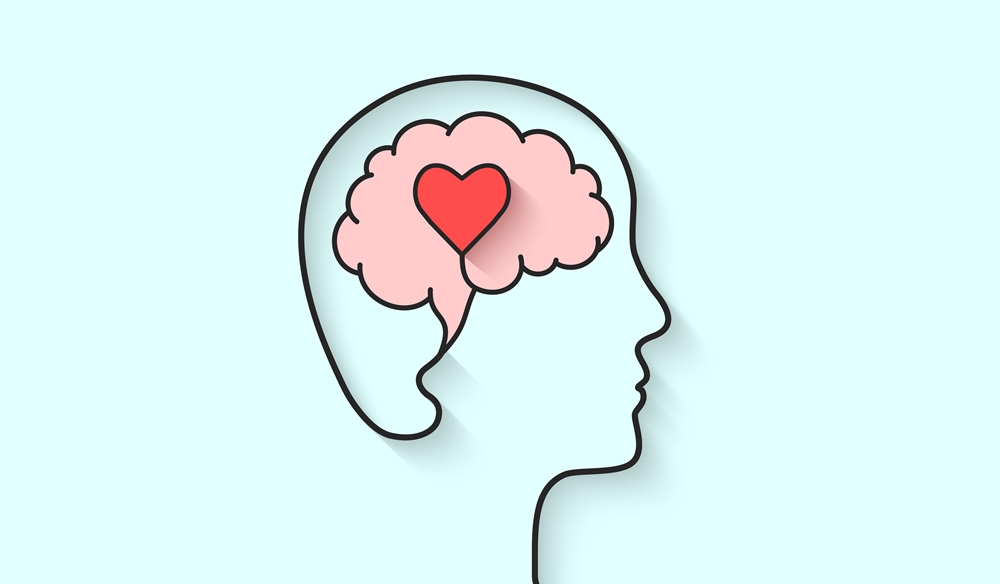Table of Contents
ToggleMental health is a state of well-being in which every individual realizes his or her own potential, can cope with the normal stresses of life, can work productively and fruitfully, and can make a contribution to her or his community. Mental health encompasses emotional, psychological, and social well-being. It refers to an individual’s ability to enjoy life, cope with challenges, and work productively.
Mental health is not just the absence of mental disorders.
It’s about being able to cope with the normal stresses of life, work productively and fruitfully, and make a contribution to your community.
To achieve these goals, you need a positive mental attitude (PMA), which is an approach to life that emphasizes optimism, confidence, and a sense of personal power. It’s also important for you to have positive relationships with other people: friends or family members who provide support when you’re down in the dumps; colleagues who make you feel valued; teachers who encourage your learning process. A good PMA helps keep stress levels down so that you can focus on what matters most—your own well-being!
Mental health is a state of well-being in which every individual realizes his or her own potential, can cope with the normal stresses of life, can work productively and fruitfully, and can make a contribution to his or her community.
A healthy mind can help you achieve your goals, be happy, enjoy life, and have meaningful relationships. Good mental health is important at every stage of your life – from childhood and adolescence through adulthood until old age.
Good mental health isn’t just the absence of mental health problems.
- Mental health is not the absence of mental illness.
- A person can have good mental health and still experience depression, anxiety, or other mental illnesses.
- Good mental health is a state of well-being in which every individual realizes his or her own potential, can cope with life’s challenges, can work productively and fruitfully, and can make a contribution to her or his community.
Being mentally or emotionally healthy is much more than being free of depression, anxiety, or other psychological issues
Mental health is not just the absence of mental disorders. It’s also a state of well-being in which every individual realizes his or her own potential, can cope with the normal stresses of life, can work productively and fruitfully, and can make a contribution to his or her community.
The World Health Organization defines it as: “a state of complete physical, mental and social well-being and not merely the absence of disease or infirmity.”
Rather than the absence of mental illness, mental health refers to the presence of positive characteristics
Mental health is not just the absence of mental disorders. It’s a state of well-being in which every individual realizes his or her own potential, can cope with the normal stresses of life, can work productively and fruitfully, and can make a contribution to his or her community.
In contrast, poor mental health prevents people from being able to enjoy their lives as they might otherwise be able to. In other words, it negatively affects the way you feel about yourself and how others view you; it impairs your ability to function in daily life (for example at home or work); and it carries an increased risk for developing one or more long term conditions such as depression or anxiety disorders that may require treatment.
Mentally healthy individuals tend to have better medical health, productivity, and social relationships
Mentally unhealthy individuals are more likely to be dissatisfied with their life, experience low self-esteem, withdraw from friends and family, attempt suicide, and have chronic medical conditions such as heart disease and diabetes. In addition, they’re less likely to keep up with preventive medical care or seek treatment for chronic conditions early on—which can lead to much more serious consequences later in life.
Even when you are not diagnosed with a mental illness, you can still be mentally unhealthy
It is important to note that mental health is not just the absence of mental illness. Research shows that people with good mental health tend to be more productive, have better medical health ,and have stronger social relationships.
So what does this mean for you? It means that even when you are not diagnosed with a mental illness, you can still be mentally unhealthy.

Conclusion
Good mental health isn’t just about being free of depression or anxiety—it also means being able to cope with stress and work productively.
Mental health is a state of well-being in which every individual realizes his or her own potential, can cope with the normal stresses of life, and can make a contribution to society as well as themselves. Mental health is something that we all need—and it doesn’t always come easily!











